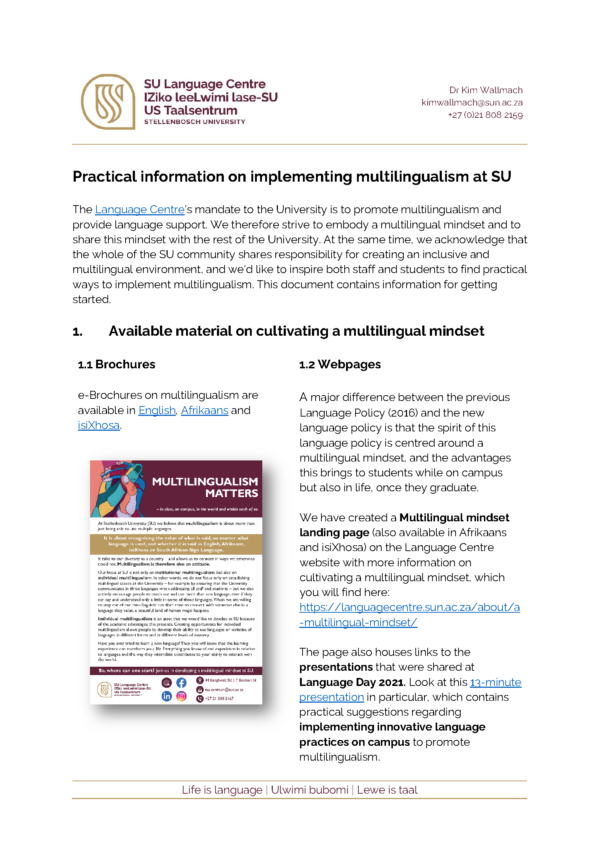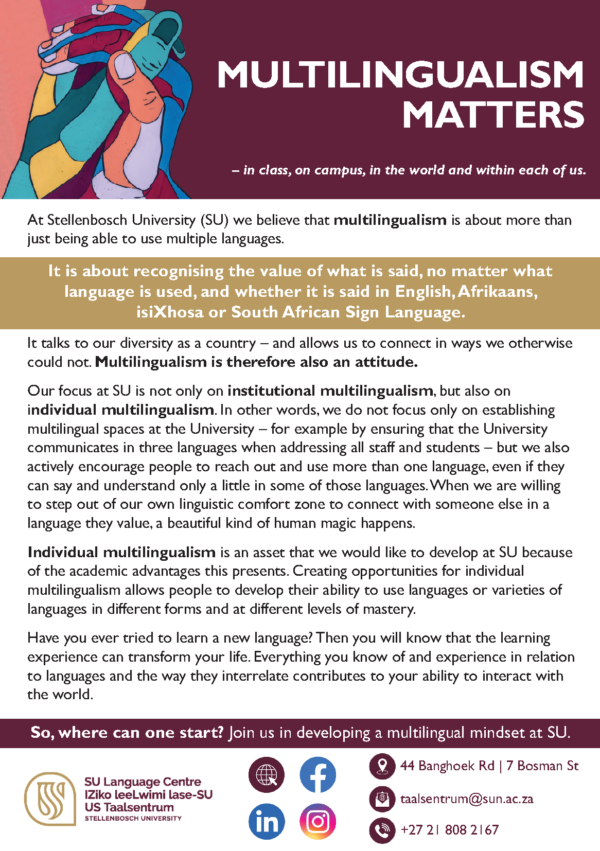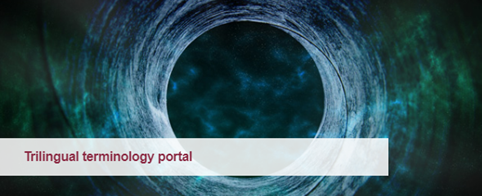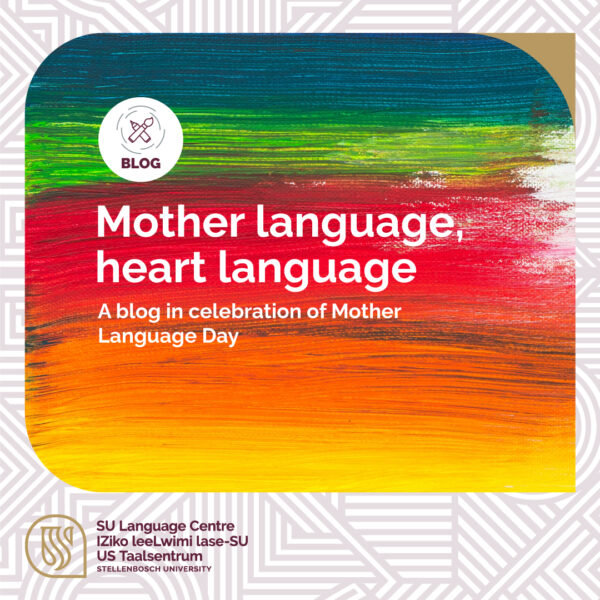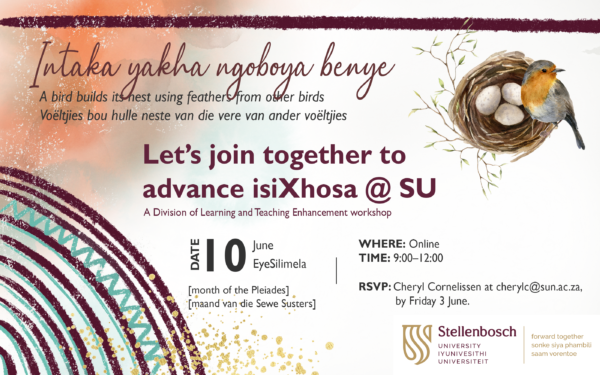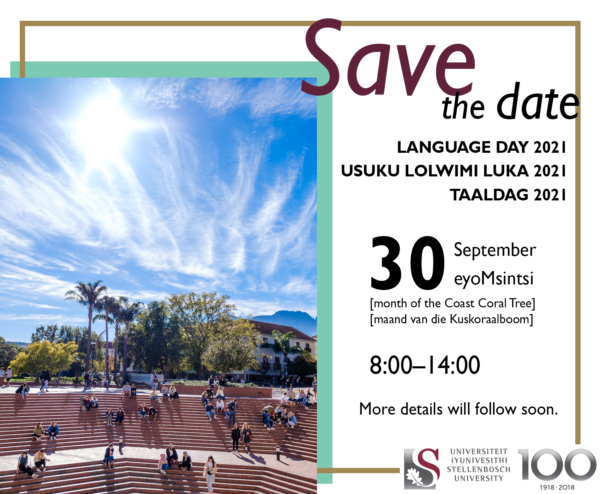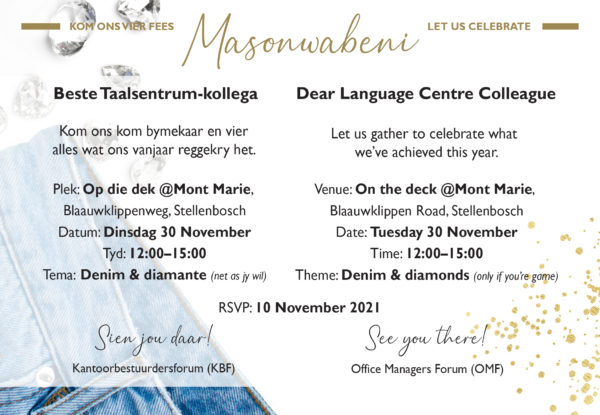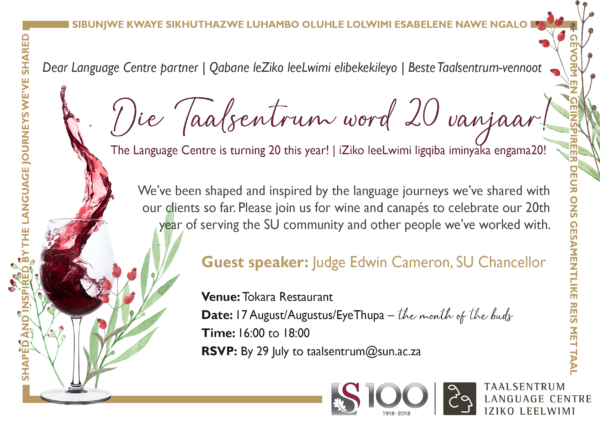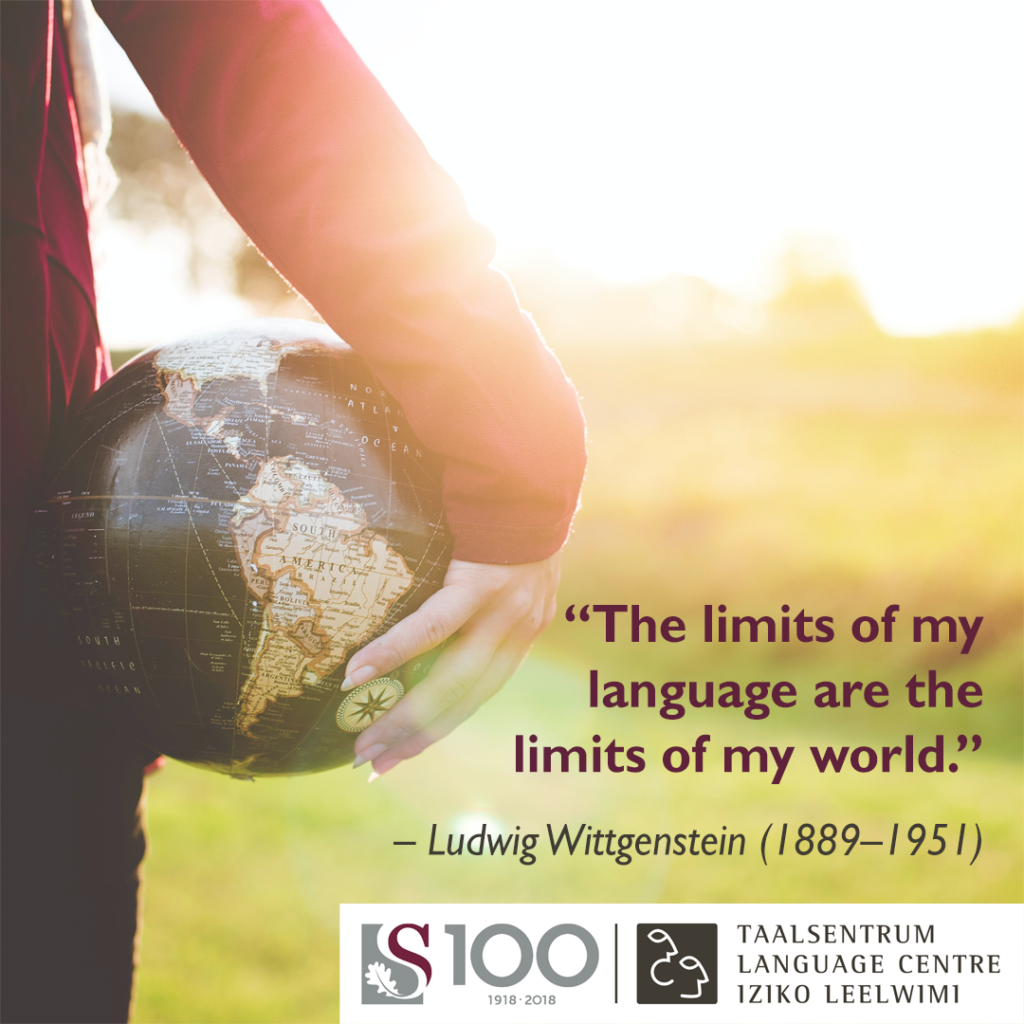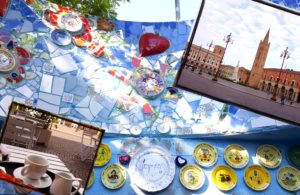So many kinds of freedom
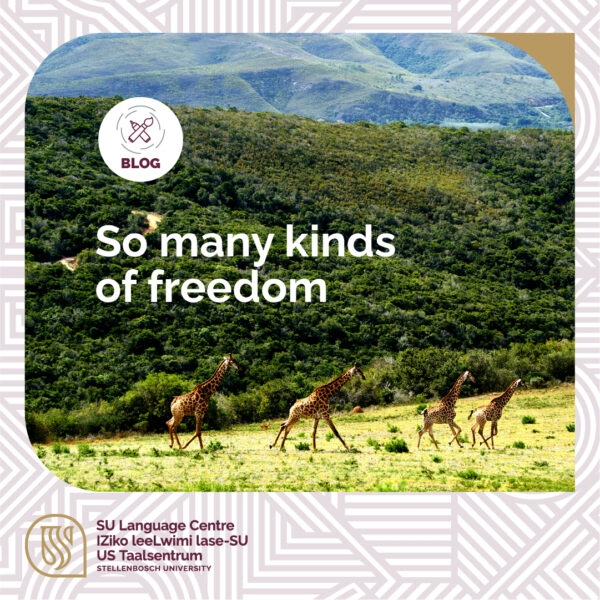
“I never even knew that that kind of personal freedom existed, because I had never experienced it before …”
Liselotte Voets, a Belgian exchange student from KU Leuven (Catholic University of Leuven) who visited SU last year as part of her studies towards a master’s degree in philosophy, attended the Language Centre’s Afrikaans course for Dutch-speaking students while she was in South Africa.
In celebration of Freedom Day on 27 April, she shares her thoughts about freedom with us, originally in Afrikaans, but translated into English below.
My exchange visit of five and a half months in Stellenbosch kicked off in February 2022. Choosing South Africa was obvious to me: the cultures, the people, the scenery, the history, the mountains and the climate appealed to me. All these aspects naturally made a huge positive impression on me. One result of my visit I had not expected, is the new way in which I now look at the concept of freedom. If I had to explain in an intuitive way how I experienced freedom in South Africa, I would first of all mention the landscape. In my opinion, the vastness of the country represents in a very symbolical way what it means to be free in South Africa. There are still so many open spaces that can be filled. The possibilities seem to be endless. If one compares it with Belgium, where I am from, you have to conclude that most of Belgium has been built up. It really is a challenge to find a piece of open land from where one can see the horizon across an open expanse; where everything is not covered with walls, houses, streets, towns and cities.
It feels as if one is being watched – always and everywhere – and as if you can’t escape and commune with nature.”
Now that I’m back in Belgium, I find it even more difficult to endure, and I miss South Africa so much more. Of course, in Belgium we have more (a feeling of) safety and security. The price we have to pay for it is our personal freedom. However, I never even knew that that kind of personal freedom existed, because I had never experienced it before. Perhaps it is also typical of Europeans to regard the kind of freedom we know as the only kind of freedom and not to leave room for other interpretations. But this is actually a contradiction in terms. I should have known that ‘freedom’ can’t be encapsulated in a single viewpoint. I’ve also noticed this kind of personal freedom in the South Africans I’ve met: they are not being lived (their lives are not being ruled and regulated), but they live on their own accord; they welcome others with open arms and start each day courageously. This great personal freedom in South Africa seems to come at a price, though, and is something that should absolutely not be underestimated: many people are left to their own devices – to fend for themselves. They need to survive on their own. Seen from that perspective, my impression was that some South Africans see the South African landscape more as a kind of emptiness than an open future. I think, and sincerely hope, that this can still change.
Blog by Liselotte Voets; translated by Ingrid Swanepoel
